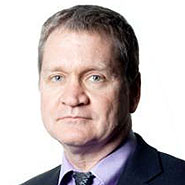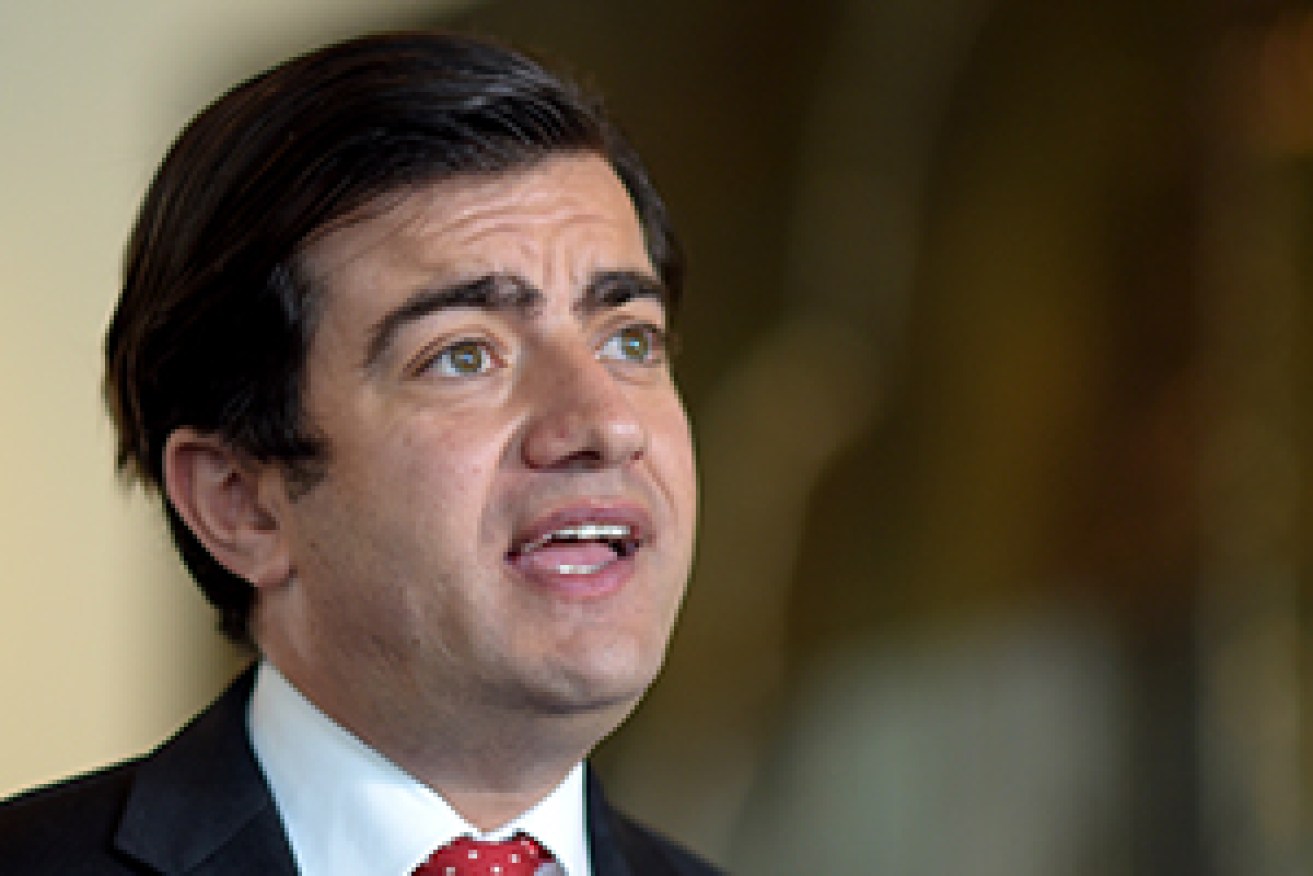Government must crack down on ‘zero payers’


The Tax Transparency report is an important step forward in understanding whether business in Australia is paying its way on tax.
It’s not the last word on the subject – taxation being complex, often deliberately so.
However, the release of the report by the Australian Taxation Office increases the amount of information on the public record. It will increase the ability to ask informed questions and raise expectations for big corporations to respond.
• Almost 600 major corporations don’t pay tax
• Scott Morrison: ‘Down down, the economy’s down!’
• Shares jump after US hike
The report revealed that 38 per cent of our biggest companies – 579 out of 1539 large public and foreign companies operating in Australia – paid no tax in 2013-14.
Those listed as paying zero tax included corporate whales like ExxonMobil (total income of $9.6 billion) and Lend Lease ($7.7 billion total income), which needs further illumination.
The ATO was at pains to note that not paying tax did not mean the companies had engaged in tax avoidance.
The 38 per cent grouping of “zero payers” includes associated entities. When they were consolidated into 1331 economic groups, about 26 per cent did not pay tax.
The Tax Office says that between 20 to 30 per cent of companies listed on the Australian Stock Exchange have an accounting loss in any given year so the list of non-payers starts to sound more reasonable.

Labor’s Sam Dastyari led a senate inquiry into tax dodging. Photo: AAP
For example, one of these zero payers – Qantas – had big losses last financial year. It has also been a rough ride in energy and resources, plus manufacturing.
However, it’s harder to understand the case of the global IT and software giants, who pay tax in Australia, but not very much of it.
For example:
• Apple had taxable income of $6.1 billion, taxable income of $243 million and tax payable of just $74 million;
• IBM had total income of $4.1 billion, taxable income of $60 million and about $6 million.
There are plenty of other complications in the data – like foreign ownership and subsidiaries, trusts and the difference between economic and tax losses.
The Commissioner of Taxation, Chris Jordan, said the 1500 large corporates still paid almost $40 billion in company tax in the 2014 financial year.
Mr Jordan said more than half of these companies have been subject to ATO review or audit over the past three years, and the Tax office raised about $2 billion per year on compliance action on this group.
“We recognise that the tax system works through willing participation by the majority of everyday Australians,” he said.
“Most large corporates, particularly domestic Australian companies, meet their tax obligations, notwithstanding that we do have some significant disputes with some of them.

The Coalition pledged to crack down on corporate tax avoidance. Photo: AAP
“As for the role of foreign-owned entities operating in Australia, investment from these companies should not be premised on no or very little tax being paid on significant profits generated in Australia.
“Some of these foreign-owned companies are overly aggressive in the way they structure their operations. We will continue to challenge the more aggressive arrangements to show that we are resolute about ensuring companies are not unreasonably playing on the edge.
“Large corporates now have to consider the impact of their tax information as a factor in managing their reputation with the markets, their shareholders, their consumers and in the Australian community.”
However, this greater scrutiny came about largely through the work of journalists – such as Fairfax’s Michael West, Neil Chenoweth and Nassim Khadem – combined with a Senate tax inquiry led by Labor’s Sam Dastyari, independent Nick Xenophon and the Greens.
This amounted to two often maligned institutions – the mainstream media and the parliamentary committee system – doing their job.
Assistant Treasurer Kelly O’Dwyer insisted that the Turnbull government took corporate tax avoidance seriously and was “big on action”, not on rhetoric.
We’ll see about that. Cracking down on corporate tax shuffling is popular with voters, who pay their share and want to see “action”.
Hopefully, the corporate “muckraking” will continue.
Mark Skulley is a freelance journalist based in Melbourne. He was a reporter for The Australian Financial Review for almost 19 years, which included a decade covering national industrial relations and the world of work. View all of his columns here.








